Are you at WORK, WORK, WORK, WORK, WORK?
Rocky students work as lifeguards.
For a lot of Rocky students, it’s important to have a job, but it does come with it’s conflicts.
High school students experience challenges in learning how to balance activities, academic responsibilities, and making money. Despite the challenges, many students work. Mrs. Domanik, head of RMHS’ career preparedness program, PaCE, said “I have a bunch of students working, about 35 [in the PaCE Program], but I suspect the [percentage of] students working in the school are much higher than that.”
“You have a commitment [to] sports and school,” junior, Aaron Lambert stated.”You can’t expect things to go away.” All of these responsibilities can be a struggle for students to manage in their lives. According to Lambert, his employer allows him the freedom to easily manipulate his shifts to correspond with his prior commitments in school and sports. However, he said he sometimes gets very stressed with everything on his plate, like his commitments to The Highlighter, Peers, and the football and lacrosse teams.
According to teenlife.com, when a student works up to or over 20 hours a week, students are more likely to be absent from school and will have grades that are substantially lower than their peers. This same effect is seen with students who are just working for a couple of hours a week but have multiple commitments that eventually add up.
Elizabeth Miller, junior, said, “People don’t always realize that you’re doing both, and assume you have all this free time but in reality, you don’t.”
Miller went on to say that homework overlapping work and home life was a lot of responsibility and that she wasn’t prepared to balance the two. Lambert and Miller both agree that it is beneficial to get a head start on learning about the responsibilities of what a job entails and the experience that they need after graduation.
“I think [learning] the skill sets are very important earlier and it gives [students] an advantage in college,” Domanik said. “ A lot of the skills are for employability they can take them with them to any place, school and work in the future.”

Jenn Ducett is a junior this year. She enjoys outdoor activities such as, snowboarding, kayaking and hiking. She also works at a radio channel during her...


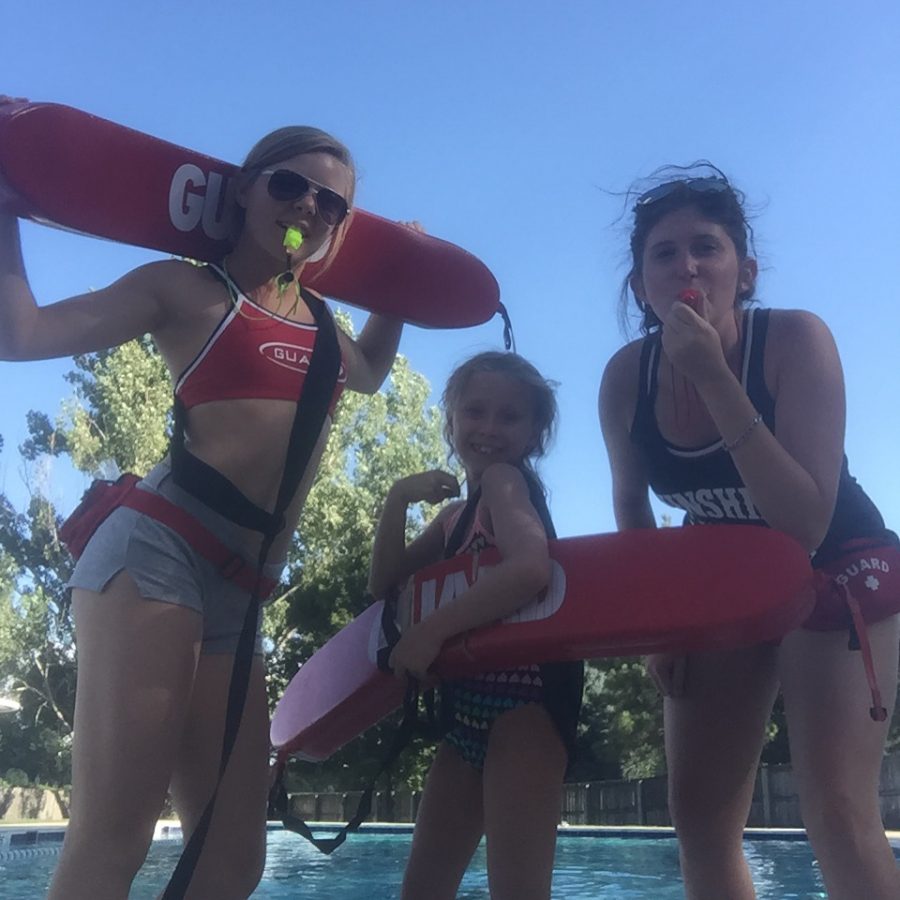
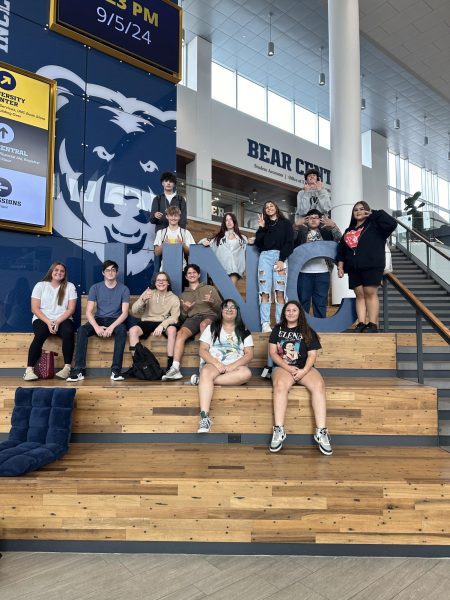

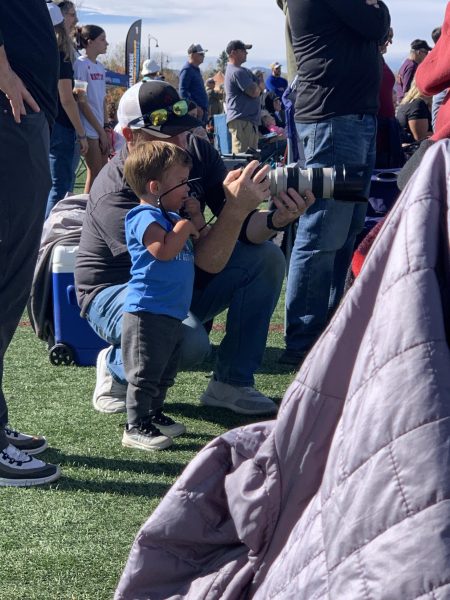
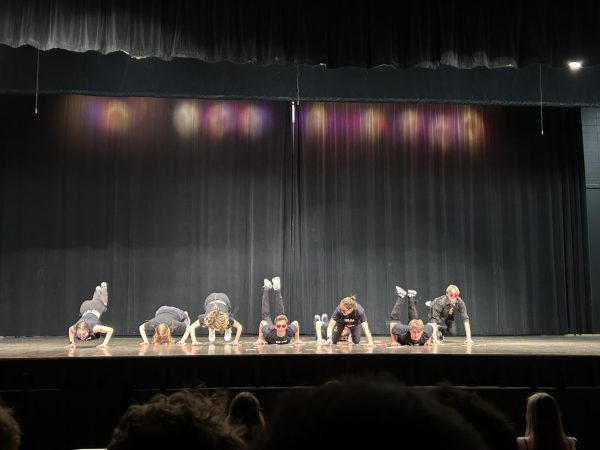



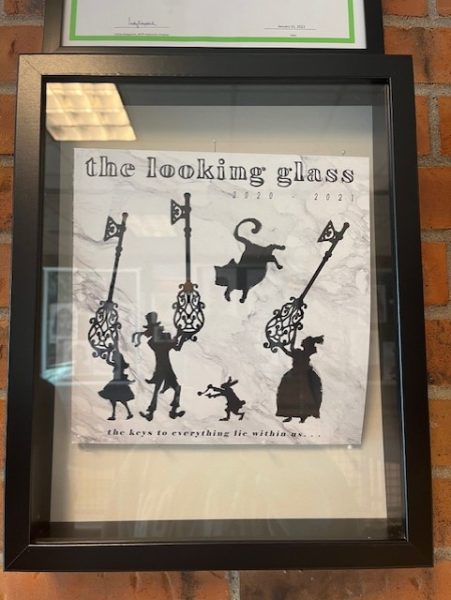
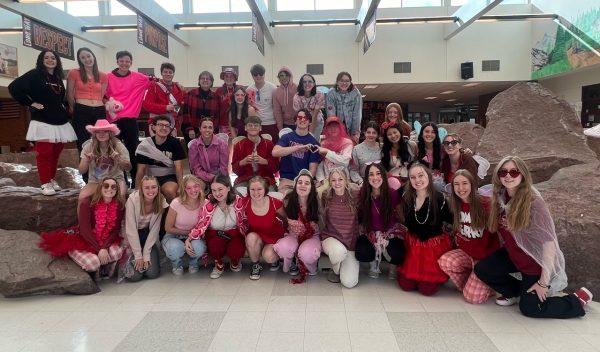

Madi • Nov 1, 2016 at 5:10 pm
This is awesome! What a great topic!